Social studies is the study of people and places, past and present, near and far, in relation to each other and to the natural world. In Manitoba, social studies focuses on the disciplines of history and geography, and embeds the interrelated concepts found within the humanities and social sciences.
Social studies has processes that allow learners to engage effectively with the curriculum and to continuously develop their global competencies and enduring understandings. Learners acquire interdependent knowledge and understanding, skills, and values to become active democratic and responsible citizens who adhere to the principles of Truth and Reconciliation, sustainable development, and human rights.
The enduring understandings of social studies focus on the following topics:
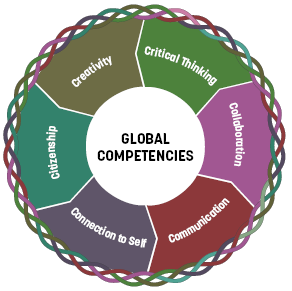
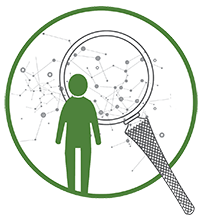
Critical thinking in social studies is essential to making ethical decisions and to being reflective and active global citizens. It involves the processes of inquiry and historical and geographical thinking, and the use of evidence, criteria, and reasoning that allows for informed decision-making and the creation of solutions necessary for a sustainable and ethical future.
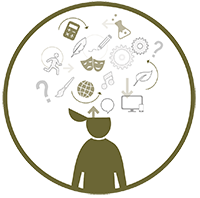
Creativity in social studies enables learners to make observations and decisions, to solve problems, and to devise innovative strategies. This involves making connections among concepts and applying a variety of tools. Creative thinking emphasizes flexibility, divergent thinking, the generation of ideas, and the exploration of diverse choices to enhance understanding and consider sustainable and ethical solutions.
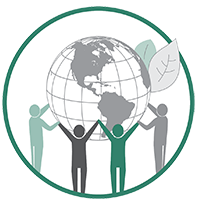
Citizenship in social studies prepares learners to be informed and engaged global citizens. As they reflect upon diverse perspectives, narratives, and stories, they develop historical/geographical knowledge and conceptual understanding of the principles of Truth and Reconciliation, sustainability, and human rights, which provide a foundation for their role as engaged and responsible citizens—locally, nationally, and globally.
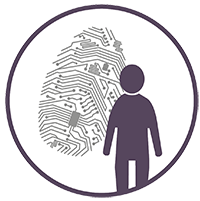
Connection to self in social studies is the learners’ personal connection with historical and geographical thinking and knowing, and making connections with others and the natural world. Learners explore their dynamic relationships with people and the land, past and present, near and far, which develops knowledge and understanding of human interdependence and impact upon societies and natural environments, and of their role as responsible citizens for a sustainable and ethical future.
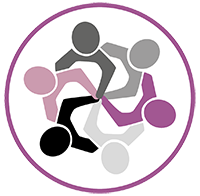
Collaboration in social studies includes appreciating the diversity of perspectives, beliefs, and values, which is part of living in a democratic society and being part of the natural world. Collaboration includes learning with and from others and working together with a shared commitment to common purposes including Truth and Reconciliation. Collaboration builds relationships to enable learners to make informed decisions and accomplish common goals. Furthermore, productive discussion and debate concerning ethical questions serve to motivate learners, making learning more meaningful, and provide the opportunity for learners to contribute to their communities.
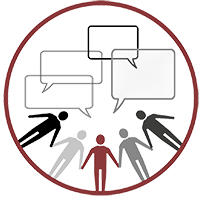
Communication in social studies enables learners to interpret received information, and to share information and express ideas clearly and purposefully using a variety of media. This includes the development of oral, visual, print, and media literacy, and the use of information and communication technologies for the exchange of information and ideas. Learners constructively exchange information and ideas to build knowledge and to strengthen relationships for a sustainable and ethical future for themselves and the natural world.
Identity, Culture, and Community
Learners will explore the concepts of identity, culture, and community as they relate to individuals, societies, and nations. Many factors influence identity and life in communities, including geography and history, culture, language, economic factors, and shared beliefs and values, and these factors are subject to time and place. By studying various cultures, including one’s own, learners develop a better understanding of diverse points of view and become sensitive to the fact that a community is strengthened by the interaction and interdependence among individuals through cultural diversity and pluralism.
The Land: Places and People
The exploration of people’s dynamic interrelationships with places and environments creates an understanding of human dependence and impact upon the natural environment. Learners consider how connections to the land influence their identities and define their roles and responsibilities as civil stewards of the land—locally, nationally, and globally.
Historical Connections
Learners will explore how people, events, and ideas from the past shape the present and influence the future. In addition, stories and traditions allow learners to deepen their historical understanding of the influence of the past on the present. Through the exploration of one’s own history, and history near and far, learners can draw on the past to understand the present and live with the future in mind, thereby providing a foundation for active democratic citizenship.
Global Interdependence
Learners will explore the interdependence of people, communities, societies, nations, and environments. This exploration will enhance the learners’ global consciousness and help them develop empathy with respect to human rights and the human condition. Consideration of global connections enables them to expand their knowledge of the world in which they live and to engage in global citizenship.
Power and Authority
Learners will explore the diverse processes and structures of power and authority through time, and their impact on people, relationships, communities, and nations, along with issues of fairness and equity. Power and authority affect all human relations, in everyday life and in official situations. Rules and laws, both formal and traditional, exist to protect people and to meet their needs for living together in a just and peaceful manner. Through an exploration of power and authority and its influence on human relationships, learners develop a sense of personal empowerment as active democratic citizens.
Economics and Resources
Learners build an understanding of the impact, the sharing, and the interdependence of resources and wealth in relation to individuals, communities, and nations, both past and present. They examine economic factors that affect decision-making, the use and distribution of resources, and the development of technologies, and they consider social and environmental implications.